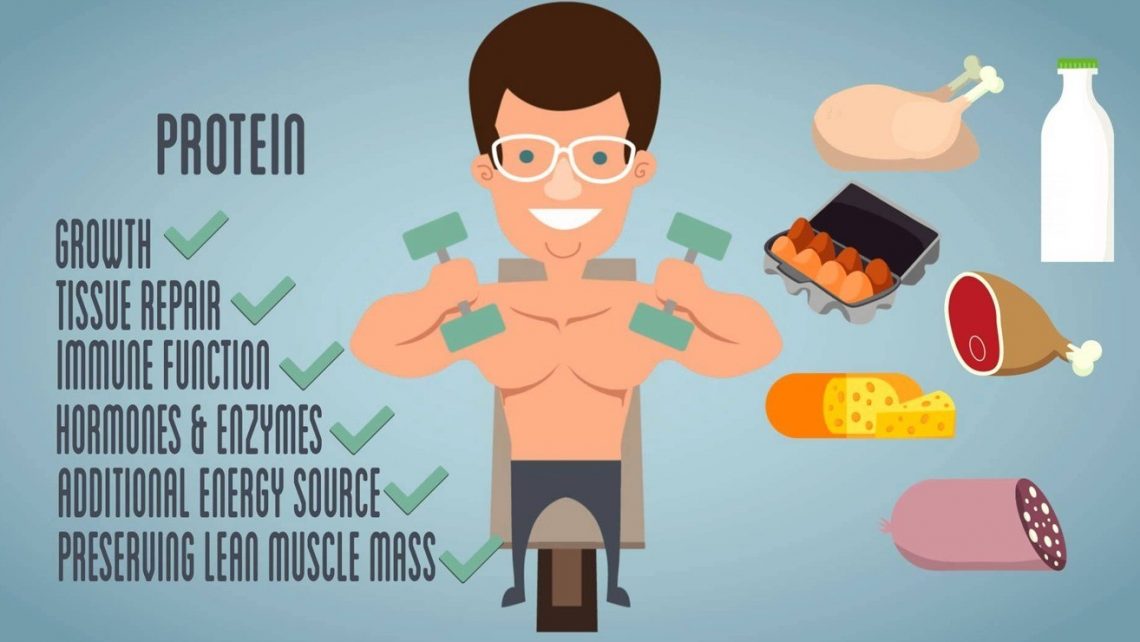
A study in the August 2017 issue of the Journal of Diabetes Research found that people with diabetes who consistently tracked their food lost an average of 10 pounds over one year. Still, monitoring food intake has been shown to be effective for some people.
An app won’t be everything you need to reach your goals. Plus, a review looking at randomized controlled trials, which was published in June 2020 in Frontiers in Endocrinology, concluded that an app may indeed be a tool for weight loss - but, the authors clarify, it is just one tool. (Overweight folks lost that amount of weight in 65 days, on average.) Users who logged their weight and exercise and food intake lost that weight even faster. That said, in a study that looked at nearly 24,000 app users who have body weights considered obese or overweight, those who were obese lost 5 percent of their body weight within 62 days of using the app, according to the Journal of Obesity & Metabolic Syndrome in December 2021. What many apps don't do, another study, published in July 2019 in JMIR mHealth uHealth concluded, is provide users with behavioral change techniques, which is necessary to help people keep weight off in the long term. Another previous article outlining research on young adults came to a similar conclusion. For instance, a previous study suggested that while apps may be useful for a certain type of vigilant dieter, the average overweight person will probably not lose weight on them. Of course, there are downsides to weight loss apps, too. You can also use them to get more know-how about nutrition labels and what macronutrients they contain if you’re trying to follow a specific diet. “Weight loss apps can help people become aware of what they’re actually eating, as well as the number of calories they consume, which is helpful because we generally underestimate the number of calories in some foods,” says Deena Adimoolam, MD, an endocrinologist in Fair Lawn, New Jersey. And in some cases, more info is actually a weight loss tool. We’re obsessed with knowing everything that goes into our bodies (calories along with macronutrients like carbs, fat, and protein), the calories we’re burning via exercise, how many steps we’re taking, our hydration status, sleep - you name it.


#Best free macro calculator app download
Then, download one of the macro tracking apps below, which will give you a breakdown of the grams of carbs, protein, and fats you’re eating.Welcome to the know-everything era. To figure out your ideal “macro prescription,” try using a macro calculator like this one from. Meet the experts: DJ Blatner, R.D.N., author of The Superfood Swap Emily Field, M.S., R.D., a dietitian and nutrition coach Marisa Moore, R.D.N., a registered dietitian nutritionist. For those interested in giving the practice a try, there are plenty of macro tracking apps available to make the process more approachable. “Counting macros is the ‘next level’ version of counting calories because not only are you tracking the food you eat, but the specific types of nutrients you’re taking in, too,” says DJ Blatner, R.D.N., author of The Superfood Swap. Instead of counting calories, you focus on getting a certain number (typically grams) of macronutrients- protein, carbohydrates, and fat. We updated this article in April 2023 to add more information about each featured product, based on extensive research done by our team.Īlso known as IIFYM (If It Fits Your Macros) or flexible dieting, counting macros is a way of eating that has become popular among fitness buffs and health-conscious eaters who are trying to maintain certain wellness goals.


 0 kommentar(er)
0 kommentar(er)
